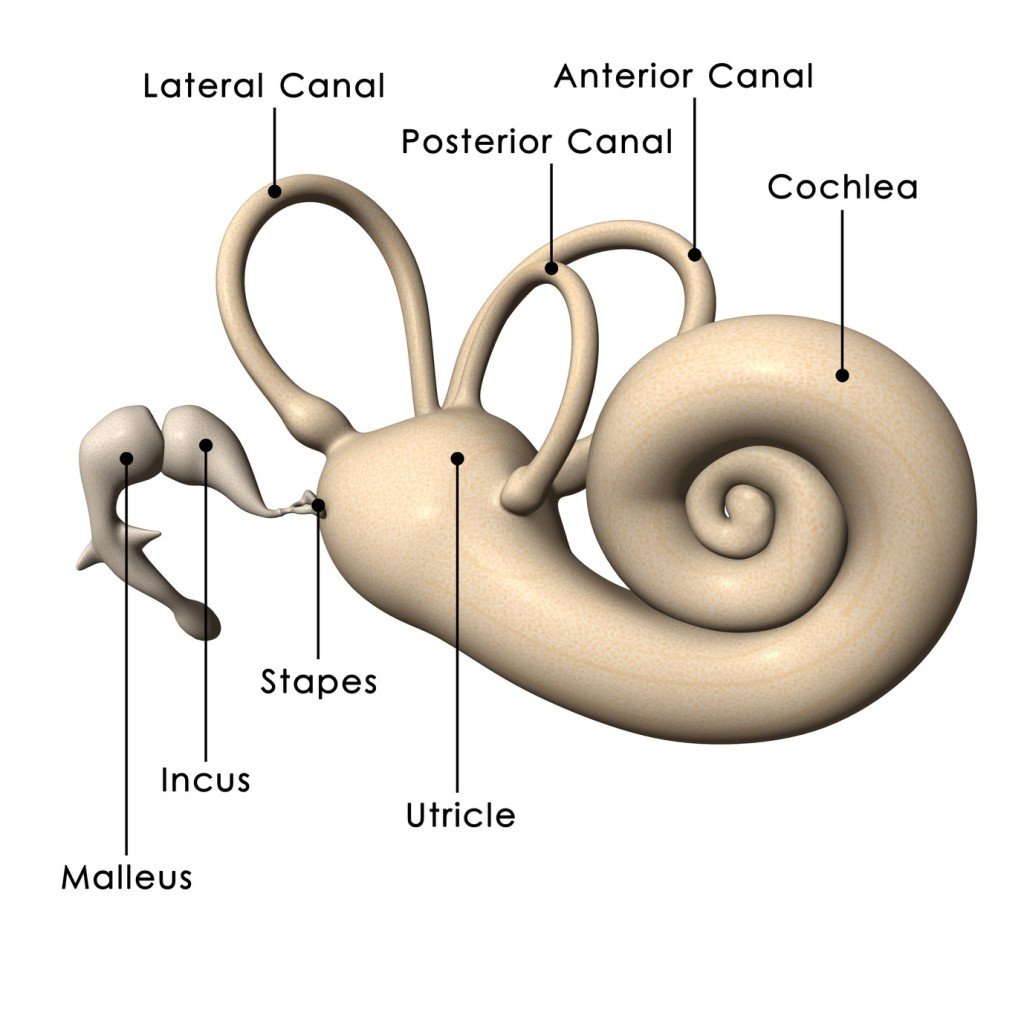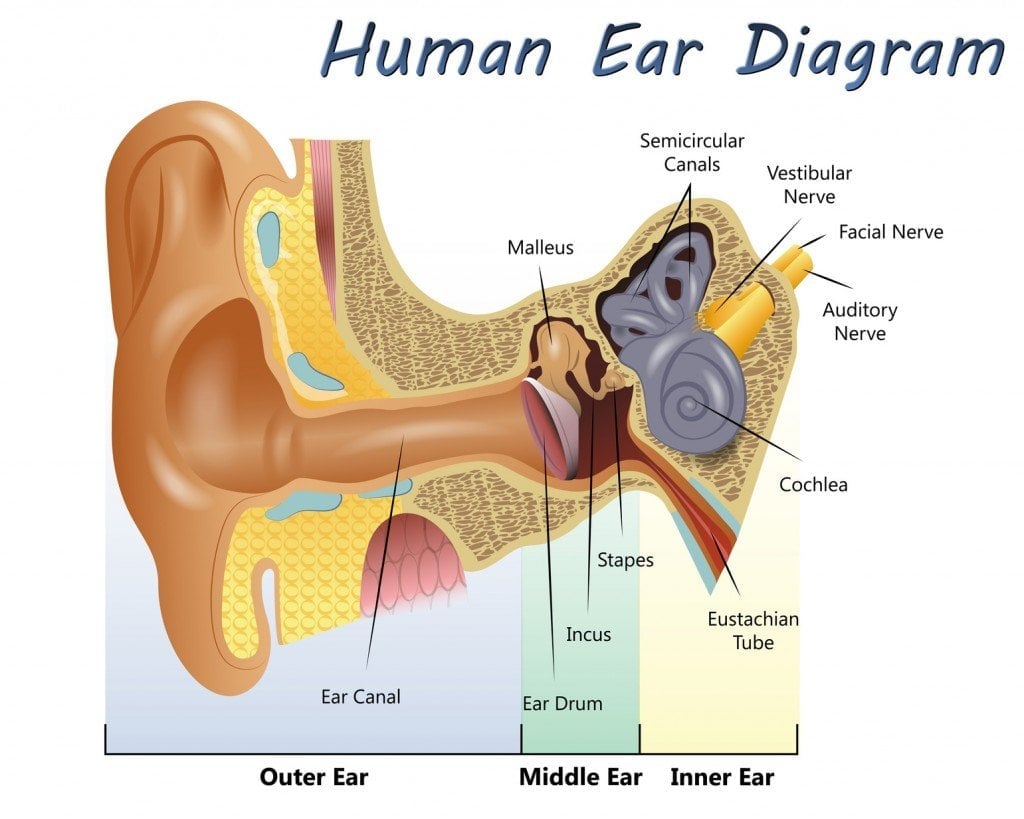Table of Contents (click to expand)
Yawning makes you deaf because it suppresses the transmission of sound to the inner ear. Yawning incites a pressure difference between the inner ear and the surroundings, which hinders the eardrum’s ability to vibrate properly and convey sound waves.
Yawning is one activity that everyone engages in. Although at times it can be rather embarrassing (during a lecture or an important corporate meeting), the act of yawning is one of the most adored activities we humans have. It induces a pleasant feeling of calmness, and let’s admit it, sleepiness.

However, yawning is quite strange. Not only is it contagious, but it also makes you partially deaf for a moment. Why does that happen?
Recommended Video for you:
Reception Of Sound By The Ear
It’s a well-known fact that everything appears dulled for the duration of a yawn; the sounds you hear dramatically drop to nearly silent. The reason for this rather weird phenomenon lies in the activities taking place in the ear during a yawn.
Anatomy Of The Ear

Let’s first see how sound is received and subsequently transmitted to the brain for processing. There are three main parts of an ear: the eardrum (tympanic membrane), middle ear, and inner ear. When sound waves reach the ear, the changes in air pressure cause the eardrum to vibrate. Three vibrations are transmitted to the inner ear by three small bones (called ossicles) that are located in the middle ear; these are the malleus (hammer), incus (anvil), and stapes (stirrup). These small bones work in perfect harmony to transmit the sound to the cochlea, from where it is sent to the brain for interpretation.
Eustachian Tube

Ever heard of the Eustachian tube? It connects the middle ear to the back of the nasal cavity. Several physical acts, like yawning, chewing and swallowing, open the Eustachian tube and allow air to enter or escape the middle ear. In essence, the Eustachian tube helps maintain normalized air pressure in the ear.
How Yawning Affects Hearing
When you yawn, unbalanced pressures act on the eardrum that hinder the smooth transmission of sound to the inner ear. Since yawning incites a pressure difference between the inner ear and the surroundings, the eardrum is not able to vibrate freely (because it requires similar air pressure on both sides to vibrate properly and convey sound waves). Therefore, hearing becomes somewhat suppressed while you yawn.
Tensor Tympani Muscle
When you yawn, both the tensor tympani muscle and the the stapedius muscles get tightened. Both these muscles control the amount of sound entering your ear.
The function of these two muscles is quite similar to that of the iris; have you noticed how you tend to close your eyes when you suddenly come out form a dark room to a well-lit room? It’s the iris that regulates the amount of light entering the retina. In the same fashion, the tightening of the tensor tympani and stapedius muscles makes the ossicular chain become less able to pass all vibrations of the eardrum to the inner ear. This is why that brief ‘partial deafness’ occurs when you yawn.
Now you know a scientific reason why yawning can be really problematic; especially if you’re listening to an important piece of information that won’t be repeated. Even though it feels great, sometimes it’s better to fight the yawn!













